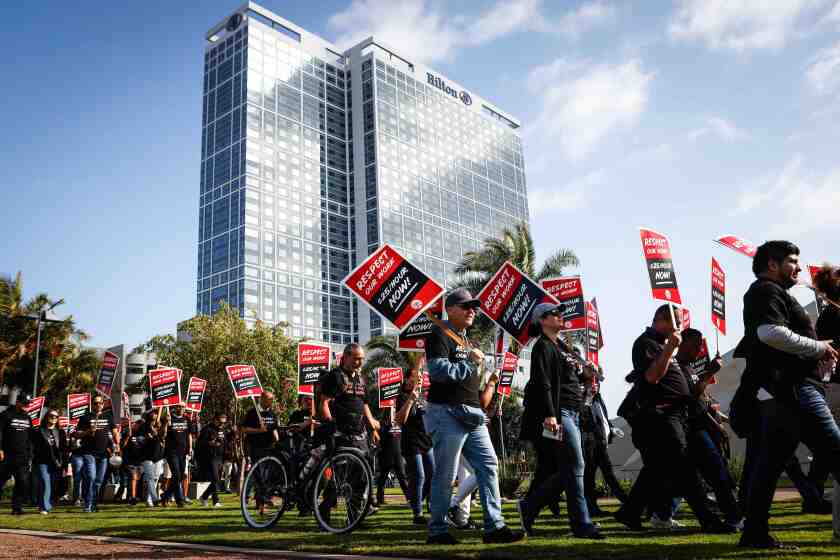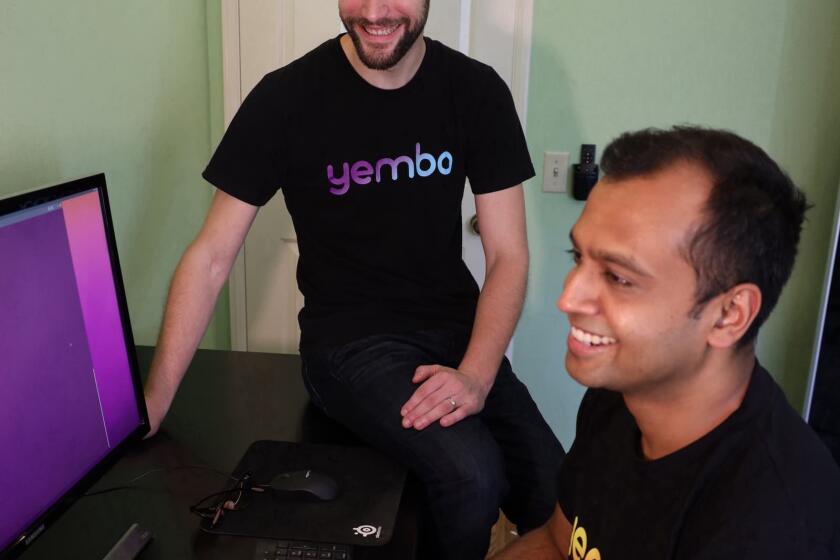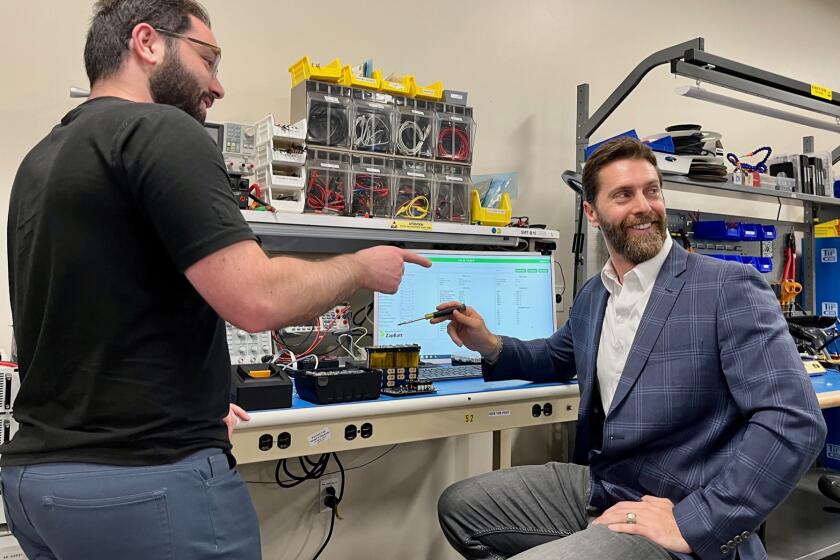Here’s what CEOs can learn from NFL Super Bowl coaches
I am writing this column four days before the Super Bowl, so I do not know the outcome of the game. However, I’m sure that after the game is over, one of the coaches is going to raise the Lombardi Trophy and receive praise for his ability to adapt and innovate and stay relevant -- exactly the qualities that are the most highly valued in great CEOs.
One of my favorite pundits is Boris Groysberg, professor at Harvard Business School. He asks a two-part question. First, is there a correlation between coaching success and the coach’s tenure on that particular team? In other words, how long before it becomes likely that the head coach has peaked and is headed down the other side? Or to put it bluntly, when should the owner anticipate firing the coach?
Second, is it worth taking a pay cut for an employee to work for a great manager (like Bill Belichick / Sean McVay)? What is it worth to you to be part of a winning team (company) and to work for a terrific leader?
In the NFL coaching racket, Groysberg crunched a raft of big data over 15 years, over all the teams, normalizing for player quality, injuries, team salary cap etc. What he found is, “Based on statistics, we estimate that the peak for coaches on a given team occurs around year six.” The relationship between coach tenure and coach effectiveness is “quadratic in nature, that is, as coach tenure increases, team performance improves up until a certain threshold, beyond which, on average, any increase in coach tenure results in a decrease in team performance.” And then there is always the angry lobster boat captain.
Six NFL head coaches were fired on Dec. 31, or Black Monday as it is known in the sport. Under performing teams (companies) often make changes when they have a losing season. Remember, all of these fired coaches were originally hired because at one time they had previous winning records (in some area of the game). So Groysberg asks: Is there a similar link between tenure and effectiveness among CEOs and business leaders? Do they continue to develop new skills, or do they rely on past performances?
Research shows that “the median tenure for a CEO before being fired or leaving is 7.2 years,” not much longer than the average tenure for an NFL head coach. After crunching all the quartiles and normalizing, Groysberg finds “that the very best coaches consistently win over long periods of time due to exceptional management skills.”
Belichick is given credit for his ability to extract world-beating performances out of ordinary players, and “even to motivate others to take pay cuts in order to play for the Patriots.” So can a gifted manager/CEO improve employee (or company) performance to such an extent that it makes sense to take less compensation to work for them? Belichick is known for his meticulous attention to detail. He uses players “in unusual positions and unconventional formations.” Even though the Patriots always draft late, he is able “to magnify” the potential of his recruits. So does it make sense to take a pay cut to work for a Belichick? HR departments take note -- the answer is yes.
Groysberg’s research showed that among coaches, “Super Bowl winners had especially long tenures and did not suffer significant second-half tenure penalties.” The technology equivalent to a Super Bowl victory might be an exit in the multiple hundreds of millions of dollars or an IPO. In other words, if a manger has had a big win in the past, then taking a job under his leadership is worth a discount. This tells you why venture capitalists like to back previous winners at higher valuations than you or I can get.
The best managers find innovative ways to stay ahead. In 2000, the Patriots hired a former Wall Street trader to do data analytics. In 2007, they hired a full-time dietary expert, and finally, they always walk right up to the legal line (and often peak over the edge) – e.g. they exploited a loophole on player eligibility to catch a pass and bamboozle the Baltimore defense in a 2015 playoff game. The bottom line is that “a great manager can teach a team to win.”
Rule No. 596: I am taking the Pats and giving 3.
Business
Neil Senturia, a serial entrepreneur who invests in early-stage technology companies, writes weekly about entrepreneurship in San Diego. Please email ideas to Neil at neil@blackbirdv.com.
Get U-T Business in your inbox on Mondays
Get ready for your week with the week’s top business stories from San Diego and California, in your inbox Monday mornings.
You may occasionally receive promotional content from the San Diego Union-Tribune.







